AI Takes Center Stage in CRE
The technology's ups and downs were all the rage at the BOMA New York Proptech Conference & Expo last week.
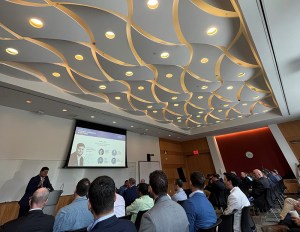
BOMA New York Proptech Conference & Expo 2023. Image by Jordana Rothberg
The fact that many aspects of commercial real estate have slowed can result in more time for the implementation of new technologies. There are reasons to be wary of these innovations, sure, but there may be even more reasons indicating that implementation is absolutely vital.
For instance, tenants are now demanding a similar level of amenities at their place of work as they are seeing in their consumer lives.
These, among others, were points touched by Jeff Thompson, JLL Technologies Head of Global PM Technology Product Management, as well as other participants at the 2023 BOMA New York Proptech Conference & Expo.
Technology is a big piece of current amenitization: a fully integrated environment, cleaner air, seamless entry, updated systems, etc., are all tenant considerations rooted in tech. The enablement of technology is crucial to asset value retention, Thompson said, kicking off the conference.
Implementation barriers for CRE tech
During the panel “The digitization journey: strategy, roadblocks, smart portfolios,” experts discussed the overwhelming number of options these days. One factor boosting the creation of so many competing technologies is the nature of how highly fragmented the real estate industry is. Over time, many proptech solutions will consolidate as CRE moves toward a more comprehensive set of products.
“Real estate is an ancient industry,” Serge Reda of Fordham Real Estate Institute, AlphaRithm AI said. “There are entrenched structures in the industry; highly siloed, distinct verticals.”
Reda continued that this highly separated structure is one of the reasons behind the issues of implementing technology and proptech into CRE. It can be difficult to find the right tools considering the isolation of the industry. Through scaling different technologies and allowing them to cross-pollinate, consolidate and merge, implementation can become easier.
While no one piece of tech is a one-size-fits-all, upscaling and consolidating will further open up technology to CRE solution providers, Arsha Cazazian-Clement of Saïd Business School and ACC Global Advisory expanded.
Data sits at the root of improving and integrating AI, as several experts pointed out. “(AI) is not a magical scary thing,” Thompson said. “At its core it is applied statistics. It is a set of rules that looks at data.”
However, because real estate is fragmented, there are different pools of data sets that are severed off from others. Therefore, a collaboration between various owners, investors, builders, architects etc., is going to be vital.
READ ALSO: Challenging Cycles Usher In New Eras
“We can’t do anything in real estate or AI without statistics,” Reda said. “We really have to start adopting a data-first mindset.”
This mindset ultimately means sharing data, investing in data, priming for building systems and digitizing what we can, panelists said. A data-first goal will allow CRE to see the rise of technological solutions that are easy to implement and allow for capabilities that the industry simply did not have before.
The risks of AI in commercial real estate
While Thompson mentioned in his keynote address that AI implementation is crucial, and leveraging it as a tool is exciting, there are downsides.
Thompson said that while AI is a set of rules that looks at data, complications can arise. First, the data AI is pointing at and utilizing is often not dictated by the user, and in a lot of cases, unviewable to the user. This can lead to inaccurate content that is ultimately at the accountability of the user, not the AI tool.
Next, Thompson explained the problem around the instructions AI receives. To be clearly directed, AI needs a high context communicator to dictate focused prompts. This is likely going to be a skyrocketing CRE profession.
Another panel, “Digital transformation and cybersecurity,” explored these very AI risks, among others.
“AI-based threats are a new game changer,” said Brian Loper, director of cyber security at Silverstein Properties. He continued by mentioning that there is a serious possibility of invasive techniques that can be used through AI tools circumventing a company’s security protections. Focusing on the fundamentals of cyber security can mitigate some of this risk.
And that’s not all. Data loss can be another downside of AI.
Sandy Jacolow, senior vice president & chief technology officer at Empire State Realty Trust, pointed out that, when using tools such as a ChatGPT or OpenAi, the information that the user inputs to generate a response then becomes open and accessible data. Without guardrails in place, there is the possibility of confidentiality breaches, the disclosure of embargoed information, data loss etc.
However, risks don’t undermine the excitement, especially during the current CRE slowdown.
“This is the nature of it (AI),” said Loper. “It is still exciting. It can be incredibly powerful and positive but as fast as threat actors are ramping up using AI, we need to make sure that our partners and the tools that we incorporate are using AI in a meaningful way and understand how we can operate more efficiently by leveraging it.”


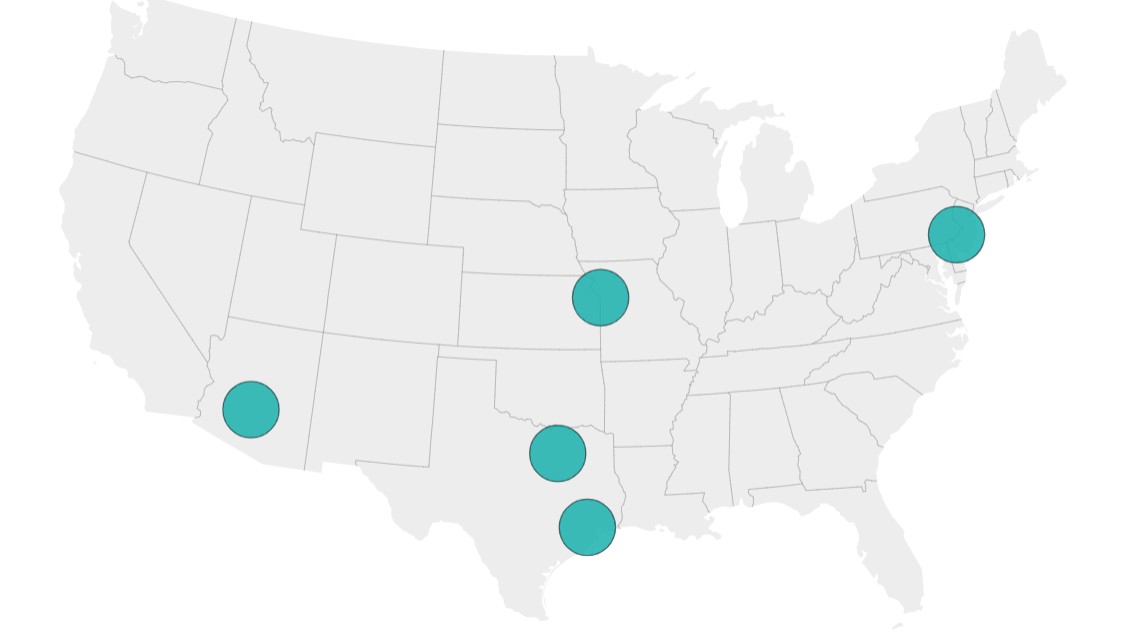
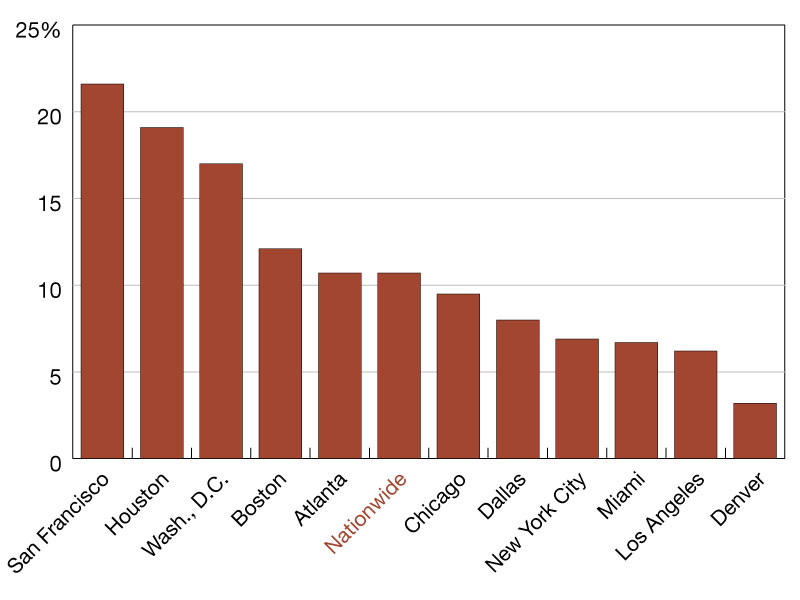
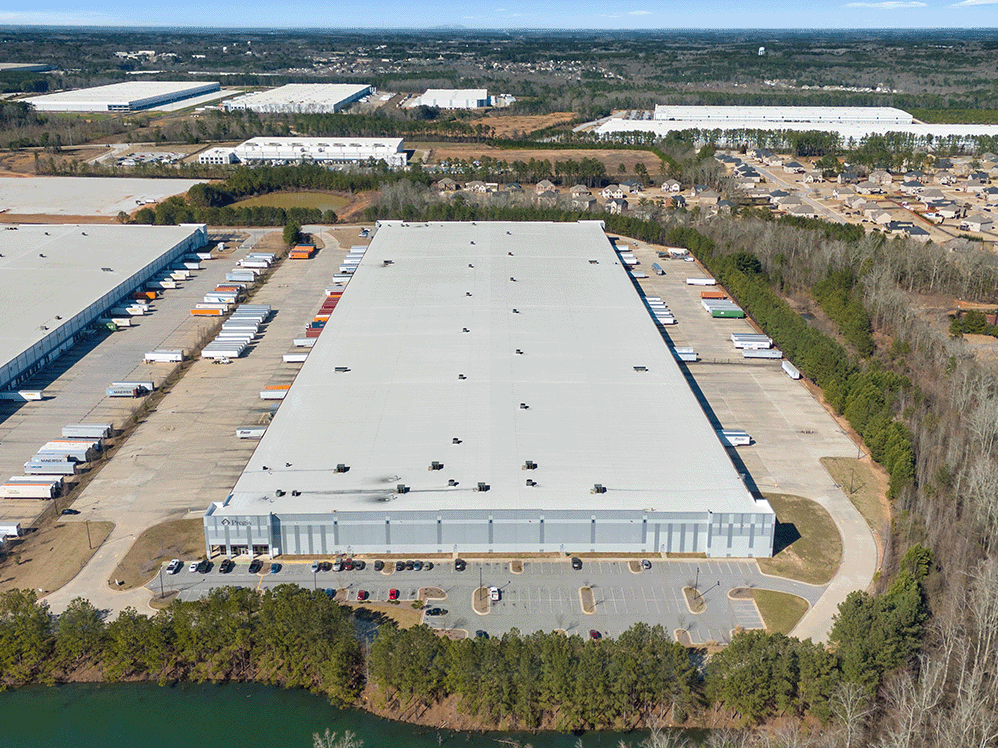
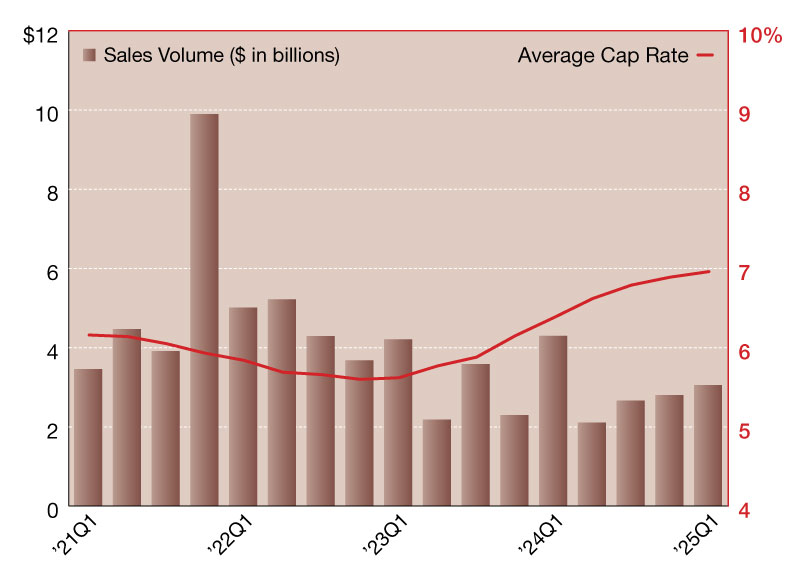

You must be logged in to post a comment.